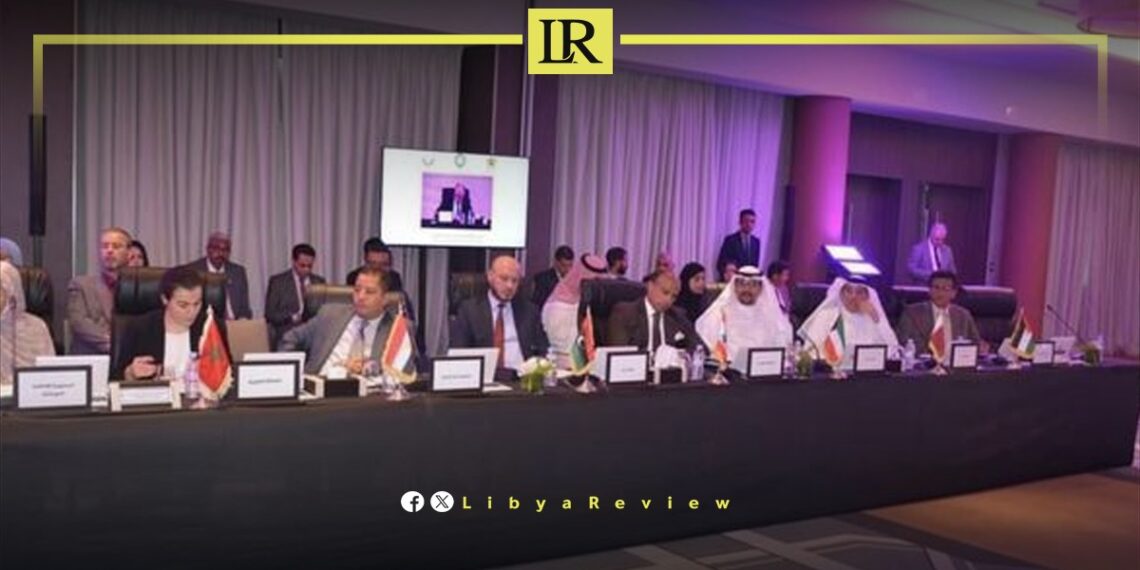Libya, represented by Emad Waqad, Director of the Office of the Minister of Industry and Minerals in the Government of National Unity (GNU), participated in the preparatory meetings for the 28th General Assembly of the Arab Organization for Industrial Development and Mining held in Rabat, Morocco.
The meetings aim to discuss numerous important topics related to industrial development and achieving sustainable growth, as well as mechanisms to improve the quality of industrial products.
The goal is to enhance economic integration among Arab countries and support local industries, thereby contributing to comprehensive economic growth.
The participants have formulated final recommendations to be adopted at the upcoming meeting of Arab Ministers of Industry, scheduled for Thursday.
These recommendations focus on strengthening industrial cooperation among member states, developing industrial standards in line with the latest technological advancements, and supporting local industries.
Libya has been in chaos since a NATO-backed uprising toppled longtime leader Muammar Gaddafi in 2011. The county has for years been split between rival administrations.
Libya’s economy, heavily reliant on oil, has suffered due to the ongoing conflict. The instability has led to fluctuations in oil production and prices, impacting the global oil market and Libya’s economy.
The conflict has led to a significant humanitarian crisis in Libya, with thousands of people killed, and many more displaced. Migrants and refugees using Libya as a transit point to Europe have also faced dire conditions.
The planned elections for December 2021 were delayed due to disagreements over election laws and the eligibility of certain candidates. This delay has raised concerns about the feasibility of a peaceful political transition.
Despite the ceasefire, security remains a significant concern with sporadic fighting and the presence of mercenaries and foreign fighters. The unification of the military and the removal of foreign forces are crucial challenges.


